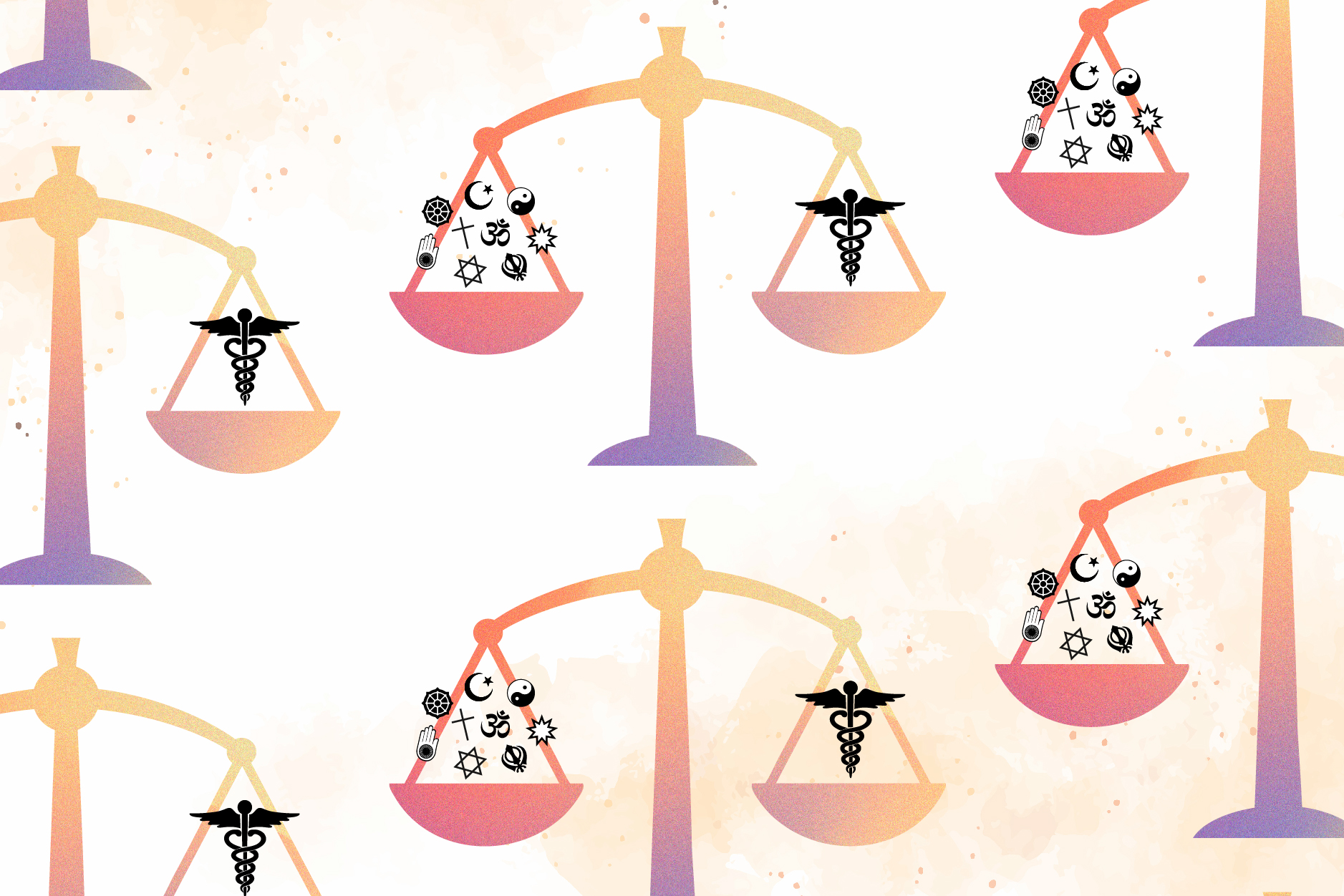Navigating Conscience Objections in Health Care: Introduction
Navigating Conscience Objections in Health Care: Professional Integrity
Navigating Conscience Objections in Health Care: Personal Conscience
Introspective Questions

To determine if your objection is a professional integrity objection, consider the questions below:
Do you perceive the treatment/procedure as harmful to the patient?
If the answer is yes, then it conflicts with your oath to do no harm, and is a professional integrity objection.
Does the requested treatment/procedure conflict with your professional ethical obligations?
If yes, then this is a professional integrity objection.
Is the procedure in question (e.g., abortion) legal in your state? While this question is not overtly introspective, it is still critically important to be aware of this information.
Since Roe v. Wade was overturned in 2022, each U.S. state has different laws providing or restricting access to abortion.
- If performing an abortion is illegal in that state, then the refusal is not a professional integrity objection.
- If it is legal in that state, and the provider objects due to perceived conflict with their professional ethics, then it is a professional integrity objection.
- Visit The Guttmacher Institute’s website for updated information on state-by-state abortion laws.
